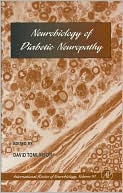The National Health Insurance Company- Daman today announced plans to organize an educational seminar titled “Managing Diabetes during Ramadan” on July 16 ahead of the holy month to support patients with diabetes with expert advice on managing their health and dietary requirements during fasting.
Seminar attendants will be offered a unique opportunity to learn more about managing diabetes and planning a suitable dietary routine during the course of Ramadan. The move comes as part of Daman’s unique Disease Management Program (DMP) designed to improve the quality of life for those suffering from chronic diseases. The Program, run by the Health Support Department at Daman, provides health coaches to work closely with members to manage their conditions.






